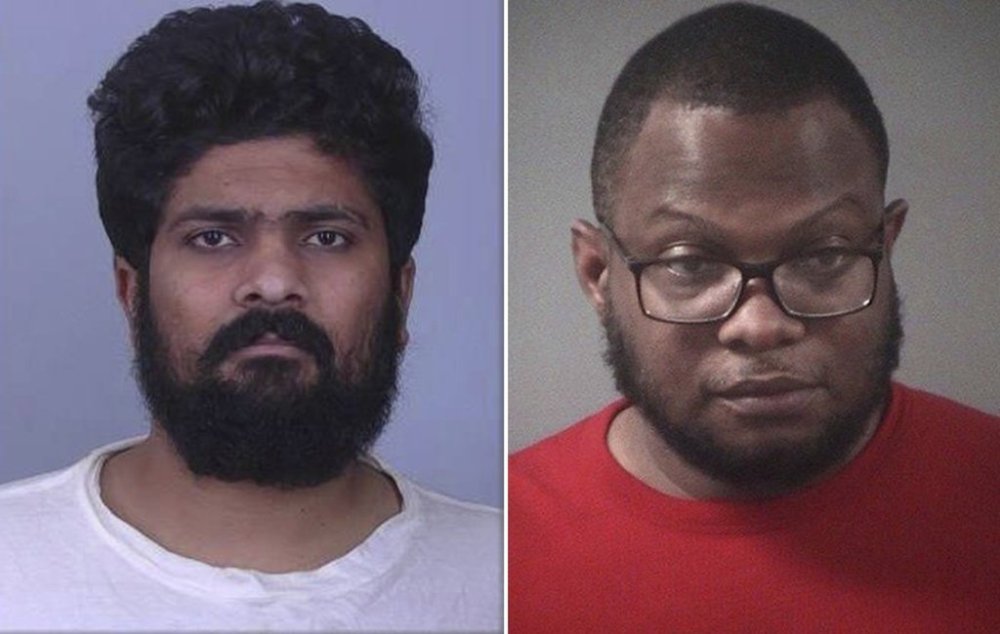Judge rejects new trials for 2 convicted of human smuggling in death of family of 4 from India
Advertisement
Read this article for free:
or
Already have an account? Log in here »
We need your support!
Local journalism needs your support!
As we navigate through unprecedented times, our journalists are working harder than ever to bring you the latest local updates to keep you safe and informed.
Now, more than ever, we need your support.
Starting at $15.99 plus taxes every four weeks you can access your Brandon Sun online and full access to all content as it appears on our website.
Subscribe Nowor call circulation directly at (204) 727-0527.
Your pledge helps to ensure we provide the news that matters most to your community!
To continue reading, please subscribe:
Add Brandon Sun access to your Free Press subscription for only an additional
$1 for the first 4 weeks*
*Your next subscription payment will increase by $1.00 and you will be charged $20.00 plus GST for four weeks. After four weeks, your payment will increase to $24.00 plus GST every four weeks.
Read unlimited articles for free today:
or
Already have an account? Log in here »
Hey there, time traveller!
This article was published 08/04/2025 (222 days ago), so information in it may no longer be current.
MINNEAPOLIS (AP) — A federal judge on Tuesday rejected requests for new trials for two men convicted on human smuggling charges in the deaths of four members of a family from India who froze to death while trying to cross the Canadian border into Minnesota during a blizzard in 2022.
U.S. District Judge John Tunheim declined to set aside the guilty verdicts that a jury returned last November against Harshkumar Ramanlal Patel and Steve Anthony Shand. His order clears the way for the two defendants to take their cases to a federal appeals court after he sentences them on May 7.
Attorneys for both men argued that the evidence was insufficient.

“But this was not a close case,” Tunheim countered.
The judge found that there was sufficient evidence for the jury to find both Shand and Patel guilty on all four counts. He said the failure of prosecutors until late in the trial to disclose a prior disciplinary action against a Border Patrol agent who testified, while troubling, had a minimal impact on the overall case. He also stood by his decision to try the defendants together rather than separately.
Prosecutors said during the trial that Patel, an Indian national who prosecutors say went by the alias “Dirty Harry,” and Shand, an American from Florida, were part of a sophisticated illegal operation that brought increasing numbers of Indians into the U.S.
They said the victims, 39-year-old Jagdish Patel; his wife, Vaishaliben, who was in her mid-30s; their 11-year-old daughter, Vihangi; and 3-year-old son, Dharmik, froze to death just north of the border between Manitoba and Minnesota on Jan. 19, 2022. The family was from Dingucha, a village in the western Indian state of Gujarat. The couple were schoolteachers, local news reports said. Seven other members of their group survived the foot crossing. Patel is a common Indian surname, and the victims were not related to the defendant.
The most serious counts carry maximum sentences of up to 20 years in prison. But federal sentencing guidelines rely on complicated formulas, and prosecutors have not yet said what they will recommend for sentences.
